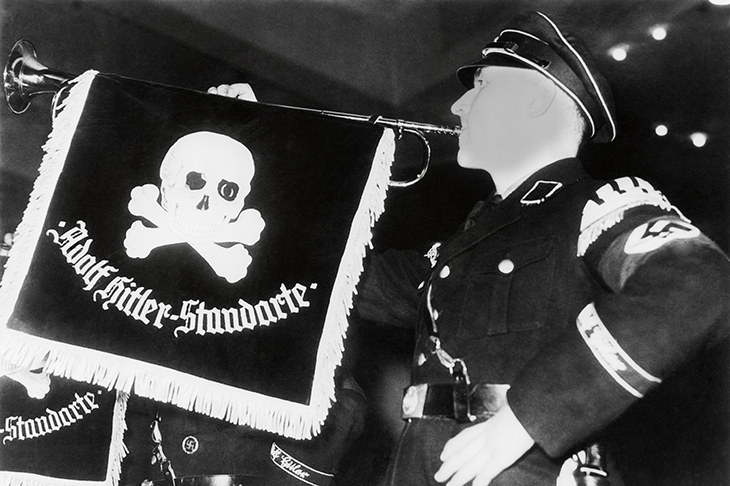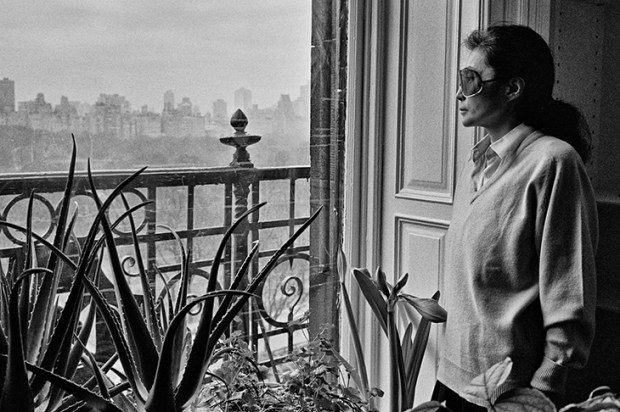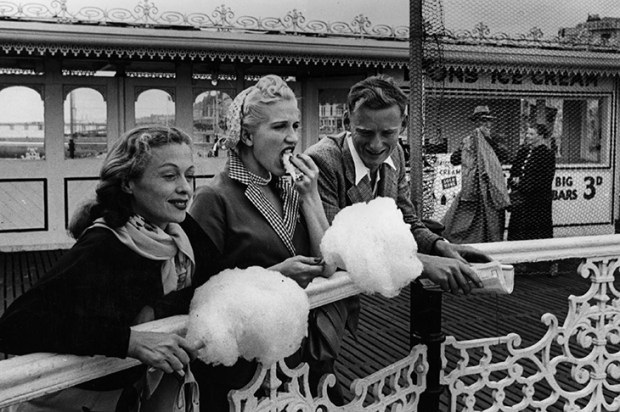There was a time when you read French literary novels in order to cultivate a certain kind of sophisticated suspicion. Post-modern writers like Robbe-Grillet, Ricardou and Perec were hyper-aware of the political and philosophical problems underlying traditional realist narratives. They produced novels that were as much critiques of novel writing as they were actual stories with actual characters.
Nowadays, however, one might go to the French section of a bookshop looking for something more Balzacian. One might read Houellebecq for his excoriating critiques of our political culture, or Édouard Louis for an exposé of the prejudices fostered by French working-class life. These are very different writers, but they have in common a desire to do more than just wring their hands over the problems of representation. These are writers who have something to say and say it.
Éric Vuillard’s The Order of the Day, which won the Prix Goncourt in 2017 and which is brought to English audiences in Mark Polizzotti’s translation, is a curious addition to this movement. It is a historical novel which starts in Berlin in 1933 as the Nazis are preparing to seize power and then jumps to the Anschluss in 1938 when Germany annexed Austria. It is narrated in short episodic passages and has a large cast of characters, including figures in the Austrian and Nazi governments and even members of the British cabinet.
It is held together by a strong narrative voice whose willingness to cast moral judgment on its characters seems to revive the intrusive narrator of 19th-century fiction. One difference, however, is that Vuillard, unlike his 19th-century forebears, finds it unnecessary to engage particularly closely with his characters. The Austrian politicians who bowed to the Anschluss and their European counterparts who turned a blind eye to it are universally portrayed as cowardly, mendacious and evil. This is an uncontroversial assessment of figures like the Austrian chancellor Kurt Schuschnigg and the ‘high priests’ of German industry who aided the Nazis’ rise to power, but Vuillard does little to represent the precise nature of their evil, seeming content simply to leave them as lightly sketched moral caricatures. He describes them as ‘lizards’ and ‘shadows’; he vividly depicts their fat cigars and their well-groomed moustaches, but he never faces up to the more horrifying truth, which is that these were real humans who made real decisions in real historical time.
In 129 pages, Vuillard, complacent of his moral superiority, does nothing more than recoil from these ‘puny’ and ‘pathetic’ characters. This is typical not of the more engaged literary writers that are emerging in France, but rather of their predecessors. In The Order of the Day, Vuillard treats history as nothing but a ‘spectacle’, a postmodern performance in which the participants are little more than floating ‘masks’. We might ask him, why write a historical novel and refuse to recognise properly the fundamental reality of the events you’re describing? And why do so with such a high-handed moral tone? Why care so much about a series of events if you see them as nothing but a tawdry piece of theatre?
It’s odd that the Goncourt judges should have treated this novel seriously and not, as Vuillard clearly did with his source material, taken the briefest peek inside and realised that it’s just too dreadful to engage with.
Got something to add? Join the discussion and comment below.
Get 10 issues for just $10
Subscribe to The Spectator Australia today for the next 10 magazine issues, plus full online access, for just $10.
You might disagree with half of it, but you’ll enjoy reading all of it. Try your first month for free, then just $2 a week for the remainder of your first year.














Comments
Don't miss out
Join the conversation with other Spectator Australia readers. Subscribe to leave a comment.
SUBSCRIBEAlready a subscriber? Log in